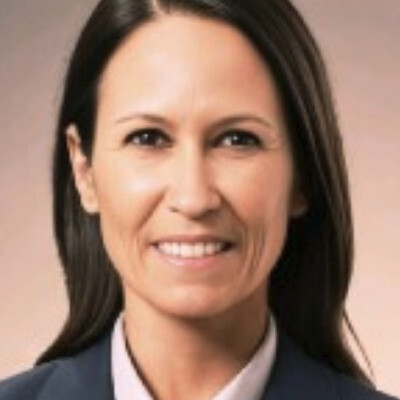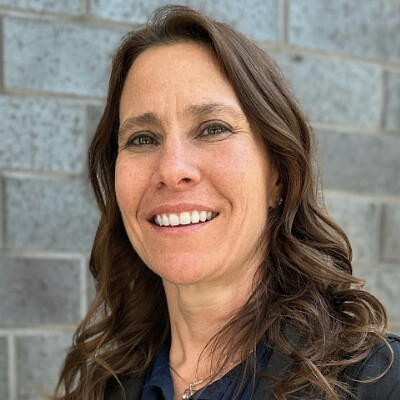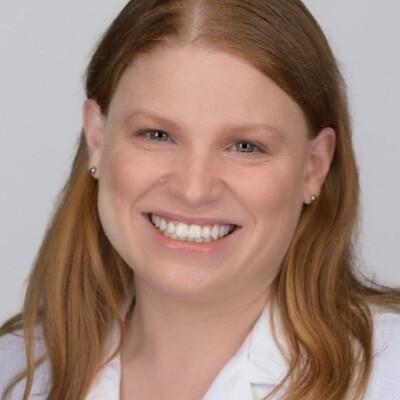Delivering Preparedness: Interprofessional Simulation to Support Rural Maternity Care
In maternity care deserts—rural regions with limited or no access to obstetric services—emergency departments often serve as the default site for childbirth. These high-stakes, low-frequency events require coordinated responses from interprofessional teams, many of whom lack routine obstetric training, standardized protocols, and access to dedicated labor and delivery resources.
To address this critical gap, the USF Health Center for Advanced Medical Learning & Simulation (CAMLS), the Florida Center for EMS, and the American Hospital Association collaborated in April 2024 to pilot an in situ simulation training in Apalachicola, Florida. Titled "Obstetrical Transitions of Care: Interdisciplinary Practices for Rural Providers", the program was supported by philanthropic funding and designed to enhance team readiness and patient safety in rural hospitals without OB units.
This seminar will explore the design, implementation, and impact of the training, which brought together OB-GYNs, nurses, EMS personnel, and simulation educators to deliver immersive, team-based obstetric scenarios in the participants’ own clinical environment. Through the lens of health equity and workforce advocacy, the session will demonstrate how interprofessional simulation promotes role clarity, strengthens communication, and improves emergency response in settings where maternal outcomes are most at risk.
Aligned with the Nexus Summit 2025 theme, the seminar will offer practical insights into how interprofessional collaboration can advance the health of individuals and communities—particularly in marginalized and underserved regions. Attendees will leave equipped with strategies to replicate this model and advocate for simulation-based training as a scalable solution to rural health disparities.
Learning Objectives:
By the end of the session, participants will be able to:
1. Describe how in situ, interprofessional simulation enhances rural health system readiness for obstetrical emergencies.
2. Identify key challenges rural healthcare teams face during unplanned deliveries and how simulation can mitigate these risks.
3. Develop a plan for implementing simulation programs that strengthen team performance, communication, and role understanding.
Practical Takeaways:
Participants will gain:
• A planning framework for rural in situ simulations, including team selection, scenario development, and debriefing.
• Strategies to build stakeholder buy-in for simulation in low-resource settings.
• Communication tools to secure philanthropic and institutional support.
Active Learning Strategies:
To promote engagement within the session, participants will take part in:
• Interactive Polling: Real-time questions that prompt reflection on team readiness and emergency response capacity.
• Collaborative Whiteboarding: Participants will share challenges and opportunities related to interdisciplinary collaboration in their own settings.
• Mini Simulation Design Challenge: Attendees will outline a simulation-based training relevant to their context, including setting, roles, and objectives.
• Call to Action Reflection: Participants will commit to one practical step to strengthen team-based preparedness in the next 30 days.
In support of improving patient care, this activity is planned and implemented by The National Center for Interprofessional Practice and Education Office of Interprofessional Continuing Professional Development (National Center OICPD). The National Center OICPD is accredited by the Accreditation Council for Continuing Medical Education (ACCME), the Accreditation Council for Pharmacy Education (ACPE), and the American Nurses Credentialing Center (ANCC) to provide continuing education for the healthcare team.
As a Jointly Accredited Provider, the National Center is approved to offer social work continuing education by the Association of Social Work Boards (ASWB) Approved Continuing Education (ACE) program. Organizations, not individual courses, are approved under this program. State and provincial regulatory boards have the final authority to determine whether an individual course may be accepted for continuing education credit. The National Center maintains responsibility for this course. Social workers completing this course receive continuing education credits.
The National Center OICPD (JA#: 4008105) is approved by the Board of Certification, Inc. to provide continuing education to Athletic Trainers (ATs).
This activity was planned by and for the healthcare team, and learners will receive Interprofessional Continuing Education (IPCE) credit for learning and change.


Physicians: The National Center for Interprofessional Practice and Education designates this live activity for AMA PRA Category 1 Credits™. Physicians should only claim credit commensurate with their participation.
Physician Assistants: The American Academy of Physician Assistants (AAPA) accepts credit from organizations accredited by the ACCME.
Nurses: Participants will be awarded contact hours of credit for attendance at this workshop.
Nurse Practitioners: The American Academy of Nurse Practitioners Certification Program (AANPCP) accepts credit from organizations accredited by the ACCME and ANCC.
Pharmacists and Pharmacy Technicians: This activity is approved for contact hours.
Athletic Trainers: This program is eligible for Category A hours/CEUs. ATs should claim only those hours actually spent in the educational program.
Social Workers: As a Jointly Accredited Organization, the National Center is approved to offer social work continuing education by the Association of Social Work Boards (ASWB) Approved Continuing Education (ACE) program. Organizations, not individual courses, are approved under this program. State and provincial regulatory boards have the final authority to determine whether an individual course may be accepted for continuing education credit. The National Center maintains responsibility for this course. Social workers completing this course receive continuing education credits.
IPCE: This activity was planned by and for the healthcare team, and learners will receive Interprofessional Continuing Education (IPCE) credits for learning and change.
Learners can claim CE credit by completing the Daily Evaluation.




